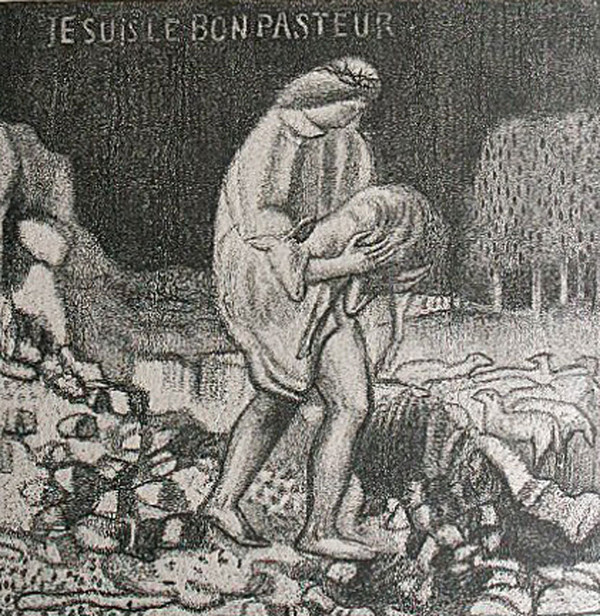“Daddy, what is your worst-est fear?”
Just a bit of background: both of my sons are very interested in ninjas, and ninjas ask these kinds of things. And because ninjas never give up, Eli waited patiently as my husband considered whether or not to reveal his deepest fear to a five-year-old. The young ninja finally offered a helpful suggestion:
“Is it being destroyed?”
I heard about this completely one-sided conversation when I arrived home. My husband never answered Eli’s question – but I suppose there’s no reason to when your five-year-old has already successfully identified every human being’s greatest fear.
Fear of being destroyed.
I’ve been told that when you’re dying, you don’t want things sugar-coated. You don’t want surface-level nonsense that sounds good but gets you nowhere. You want to talk about death. You want to talk about being destroyed. You want to know what it’s really about – what’s going to happen, how it’s going to be, how you’ll accept it. In the Church we talk about the “last things” – death, judgment, heaven, hell. You want to know what those things mean.
One of the great personal creeds of Scripture is that stubborn declaration of Job: “I know that my Redeemer lives.” It’s worth noting that Job says this almost immediately after declaring that God “breaks me down on every side, and I am gone, he has uprooted my hope like a tree” (Job 19:10, 25).
People of faith – we believe that we cannot be destroyed. To destroy is to cause something to come to an end, to cease to exist. God may break us down. We may feel lost or gone. Our hope will come and go. But we cannot be destroyed (cf. 2 Cor. 4:9; 5:1). As Job declares, I will see God: I will see for myself, my own eyes, not another’s, will see him (Job 19:26-27).
I can’t think of anything harder than being a human being. Destruction hangs around us in so many ways, so many areas of our lives. We are strong, but we are so fragile. It isn’t just physical destruction we fear but mental, emotional, spiritual, financial, relational, national, natural and even ecclesial. We won’t escape destructive experiences. We know that, we who know nothing but Jesus Christ and him crucified (1 Cor. 2:2).
But I hope you will say it with me, Job’s creed: I cannot be destroyed. Because my redeemer lives. I will see for myself, my own eyes will see him. My inmost being is consumed with longing (Job 19:25-27).
The little ninja.





